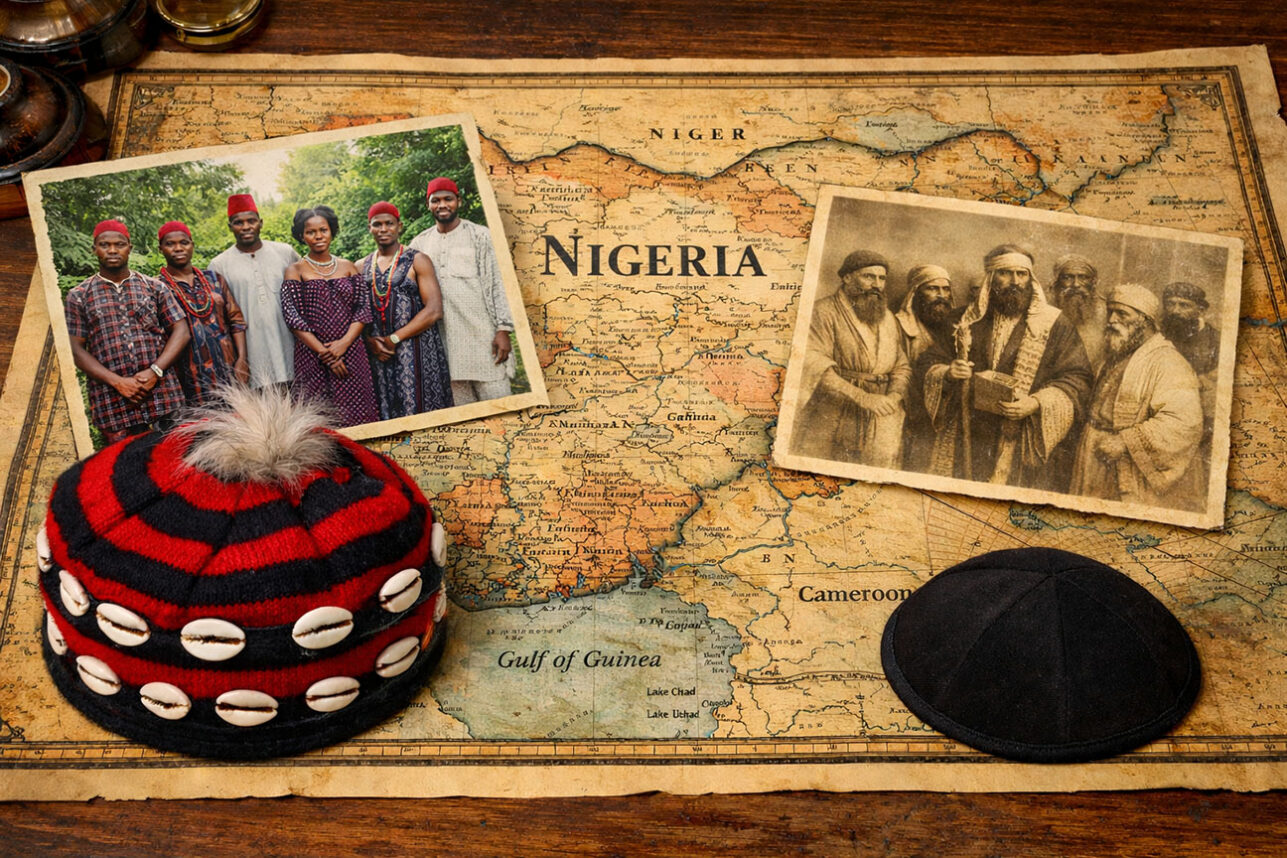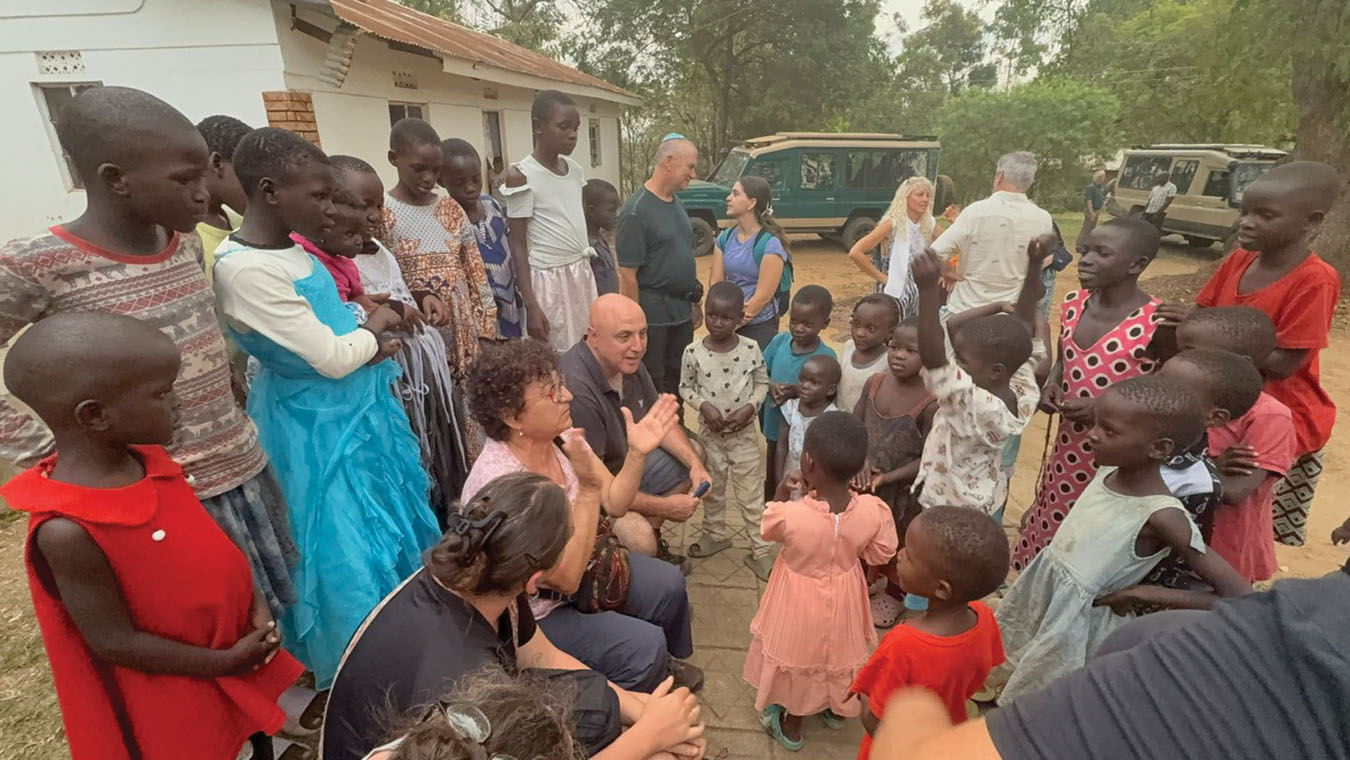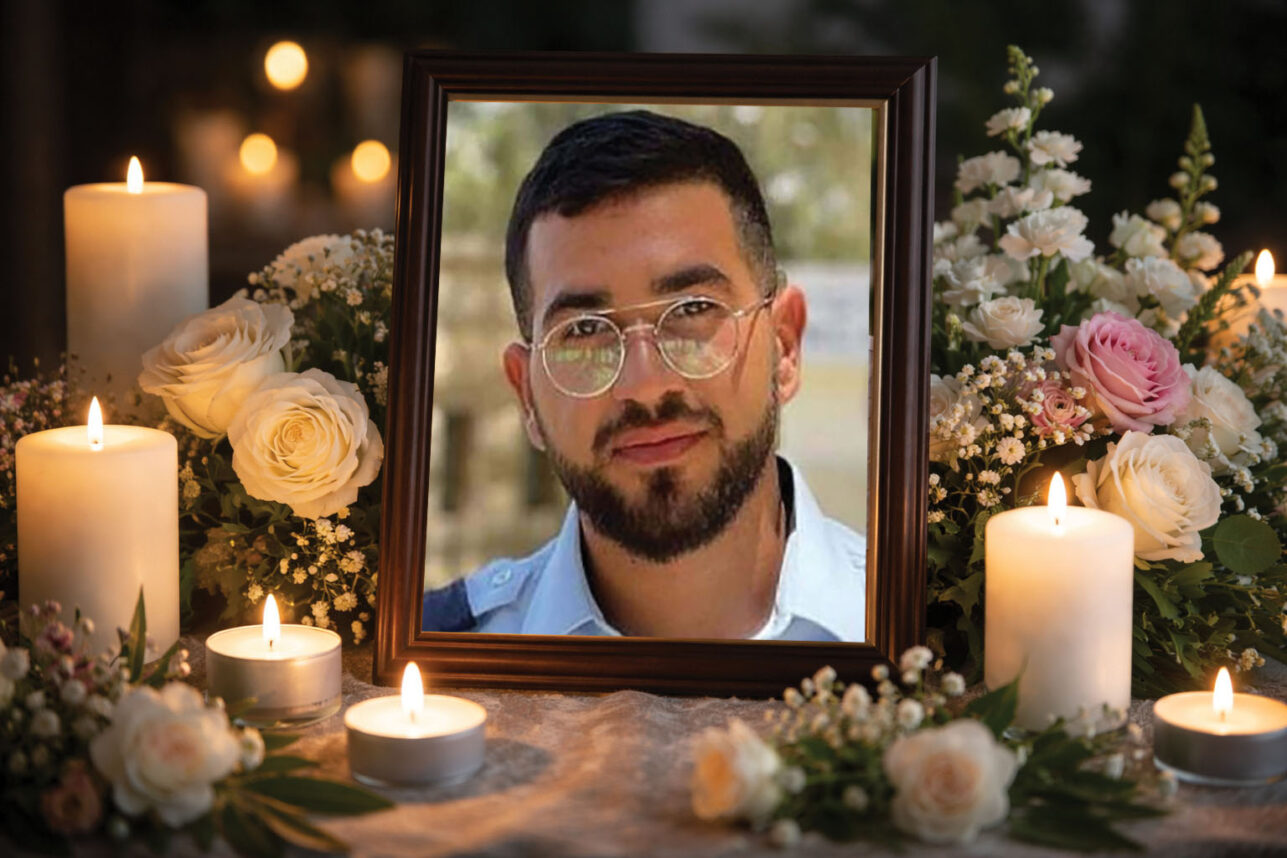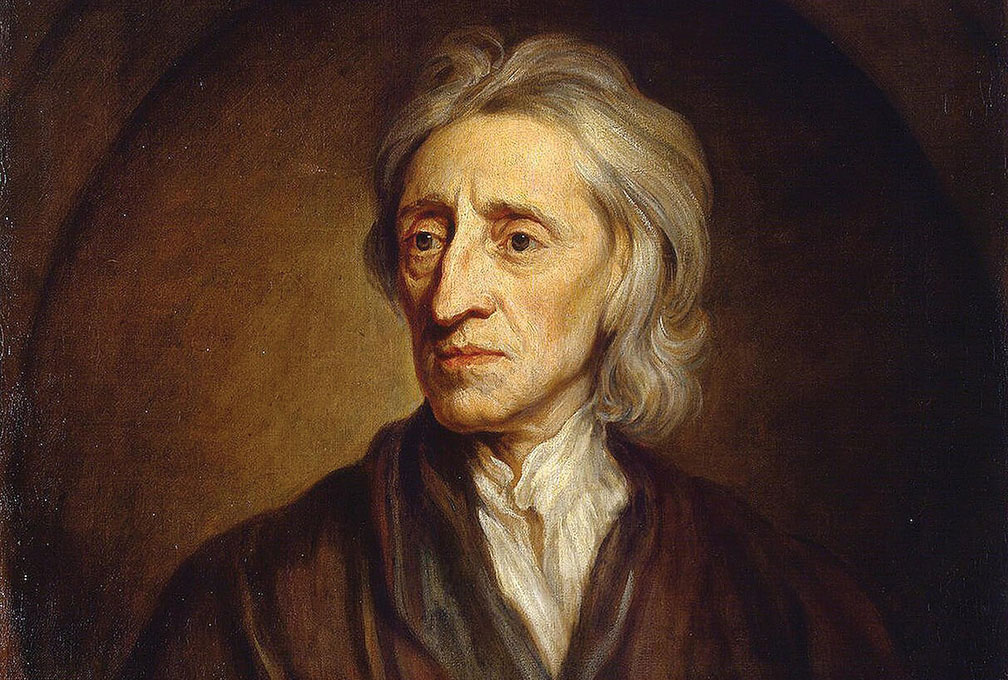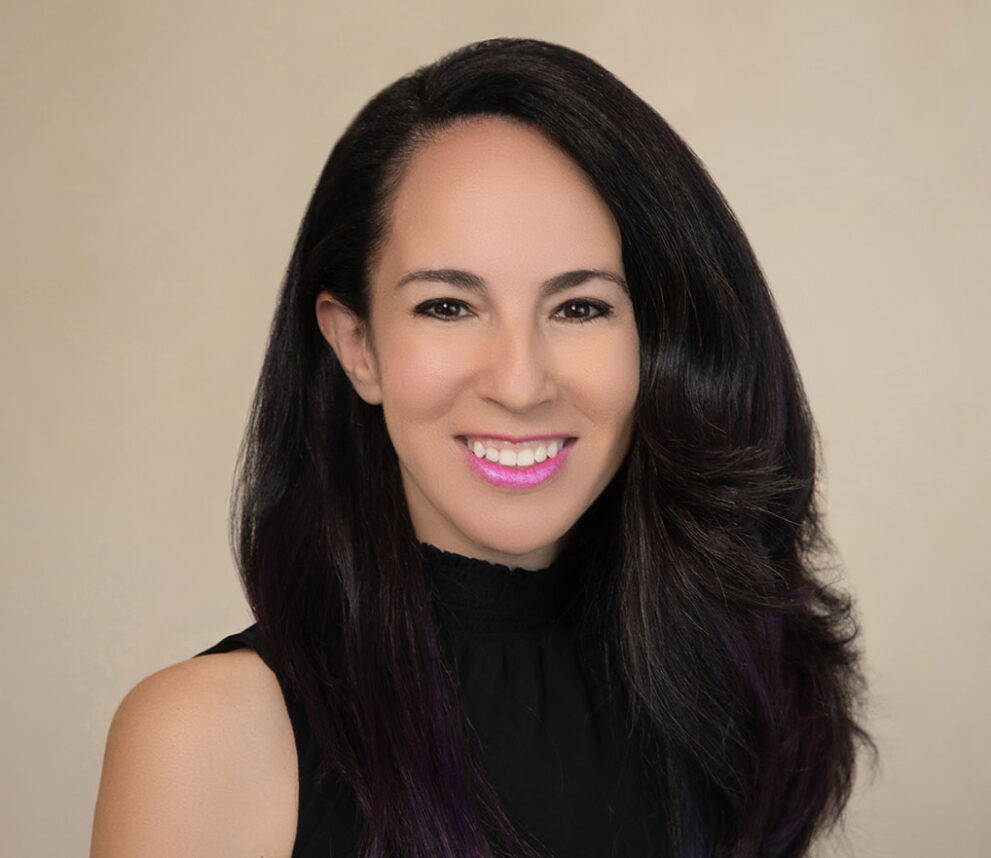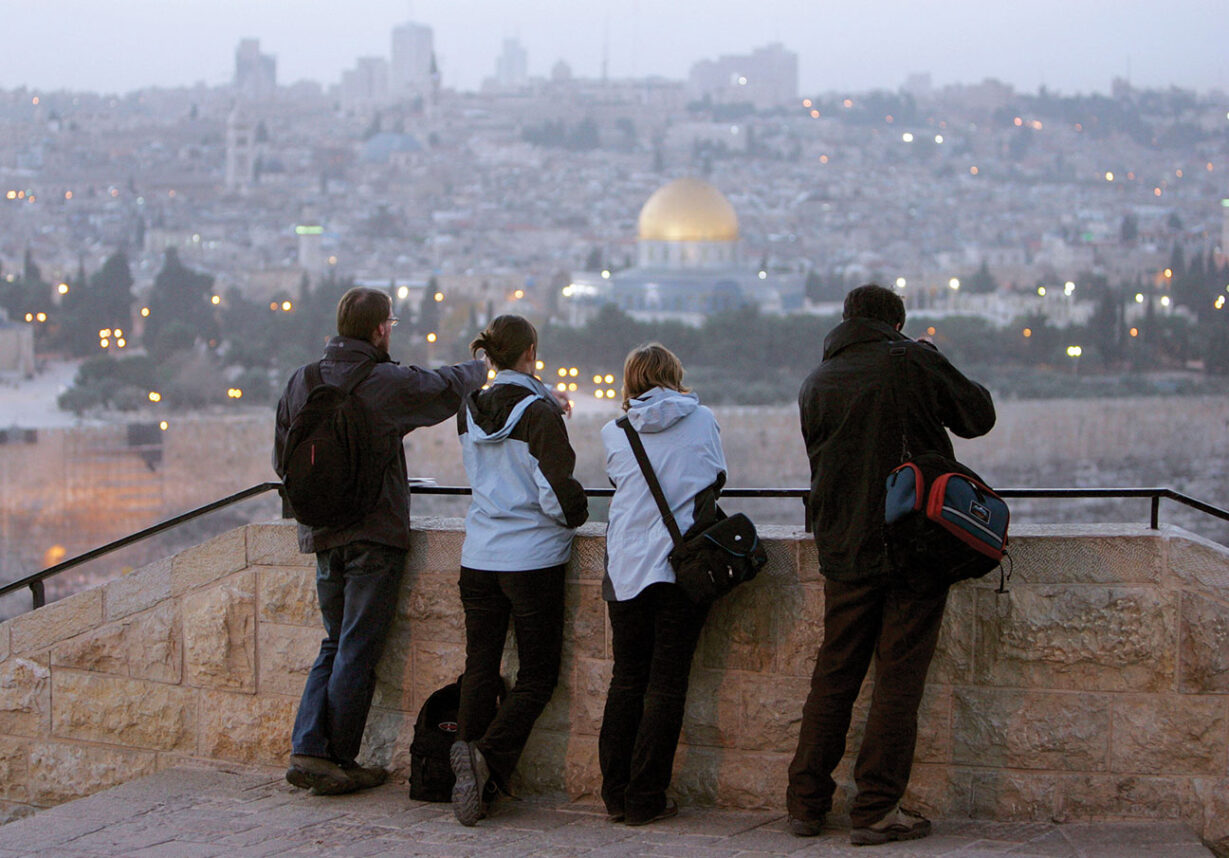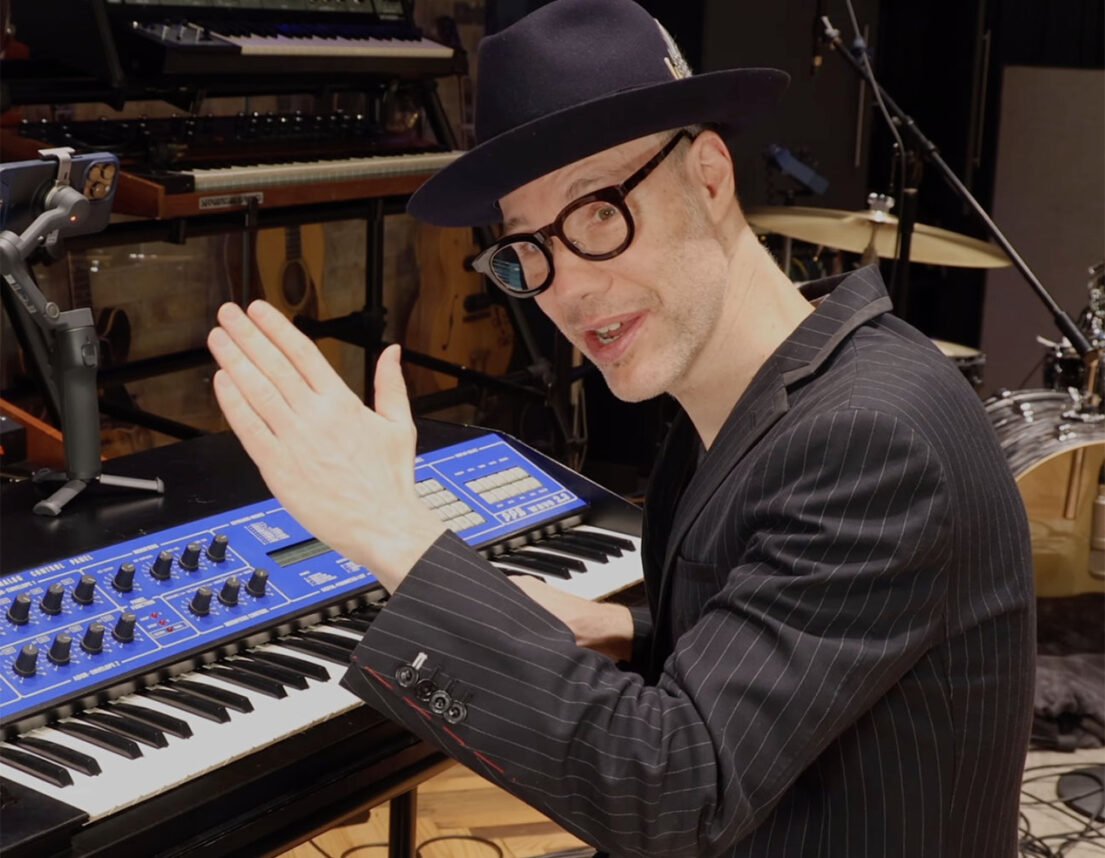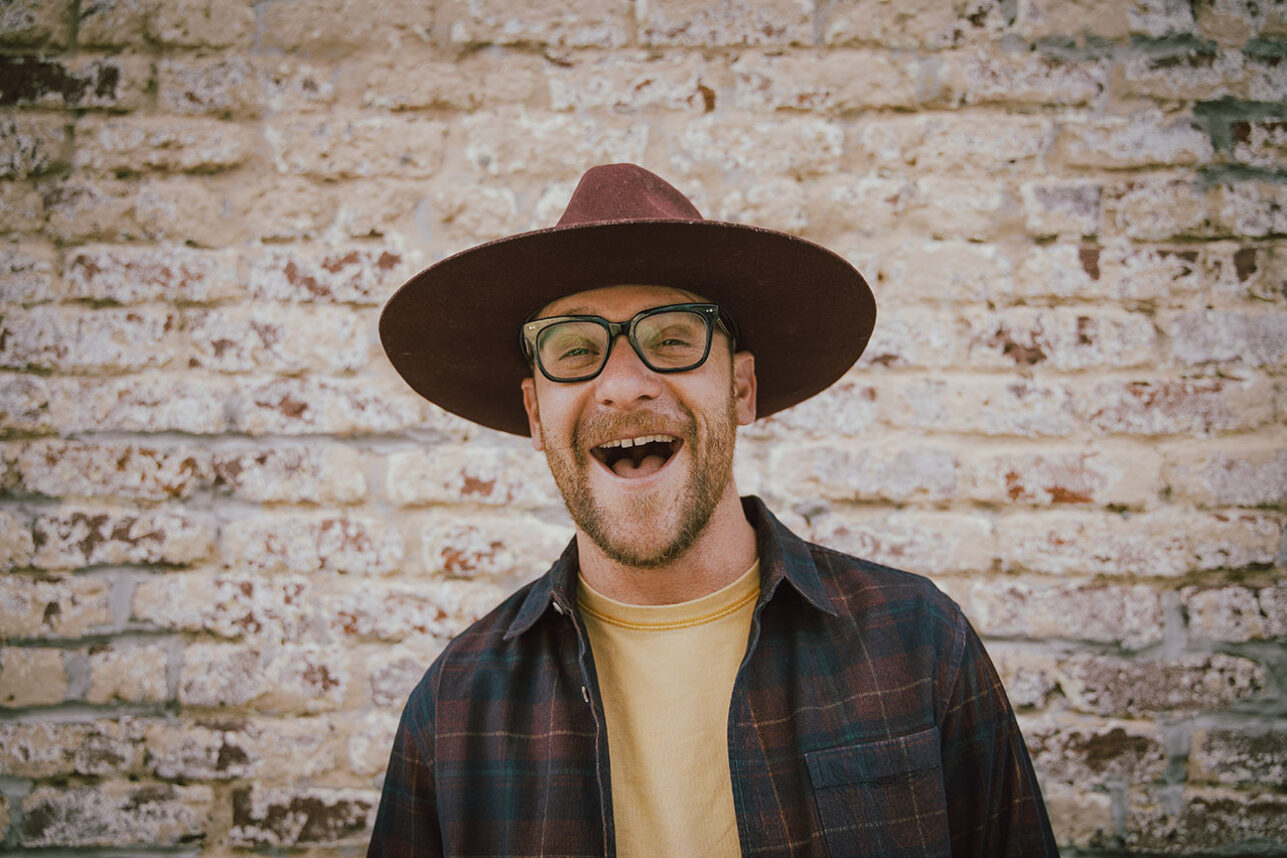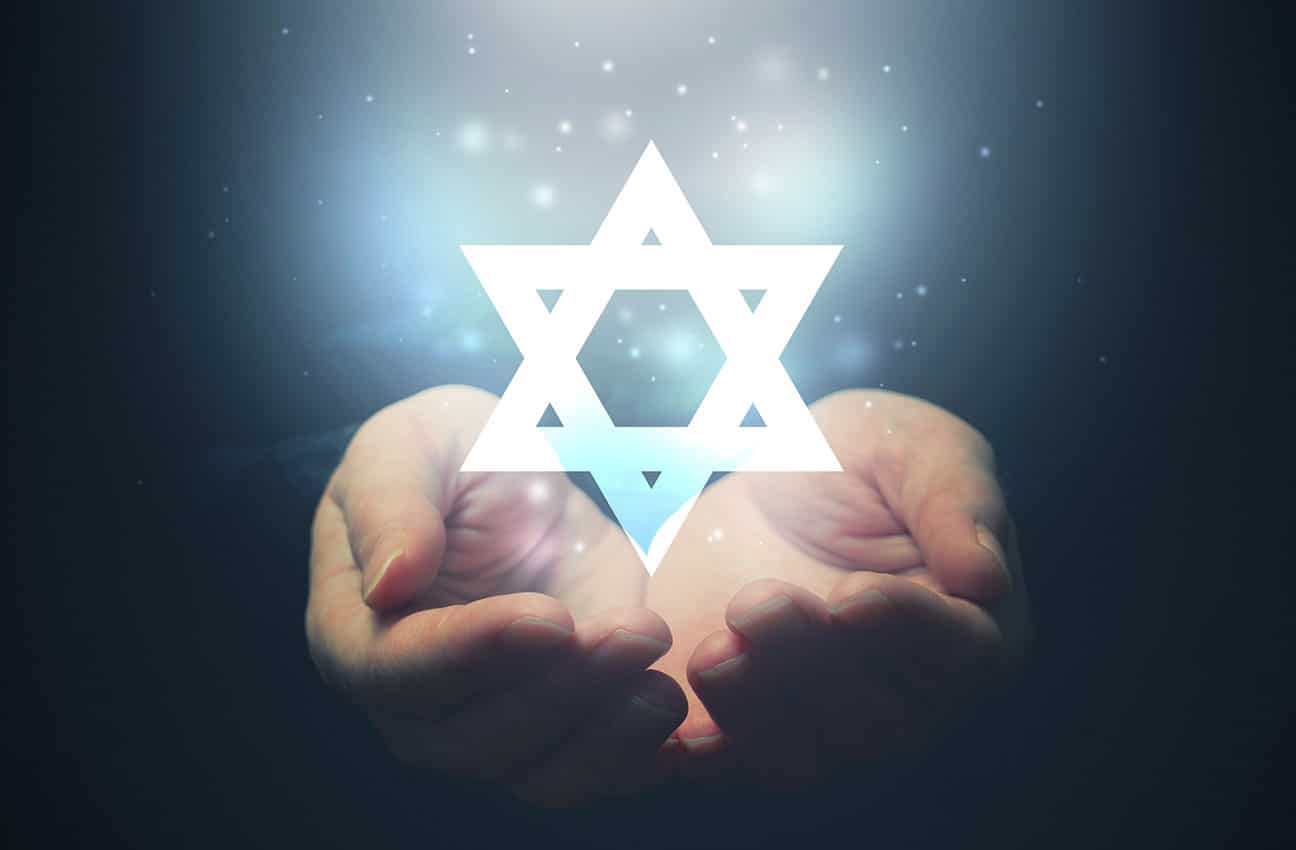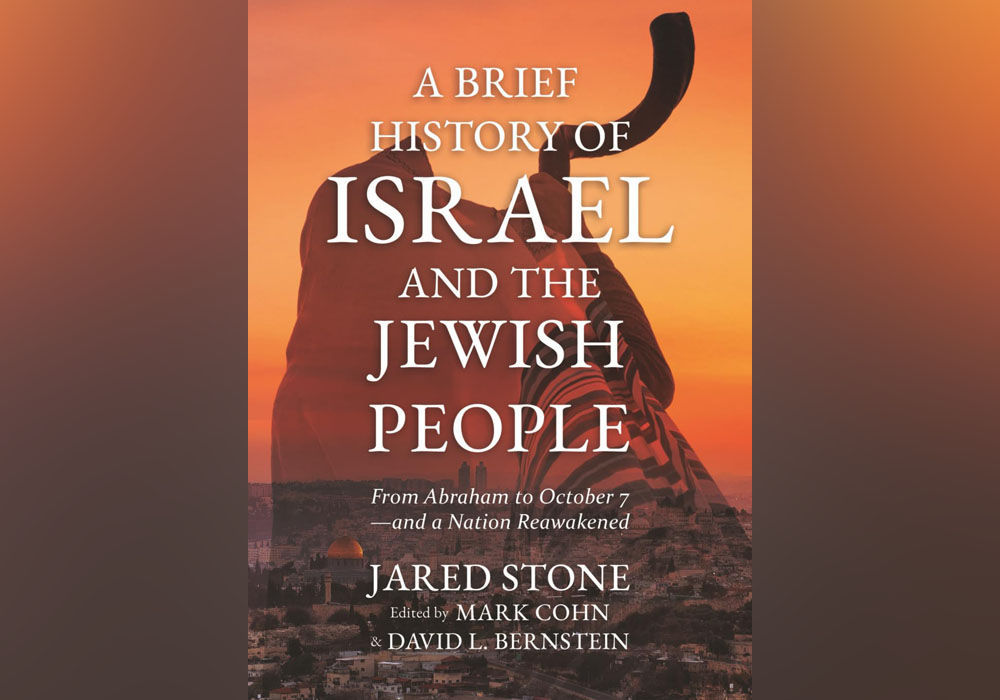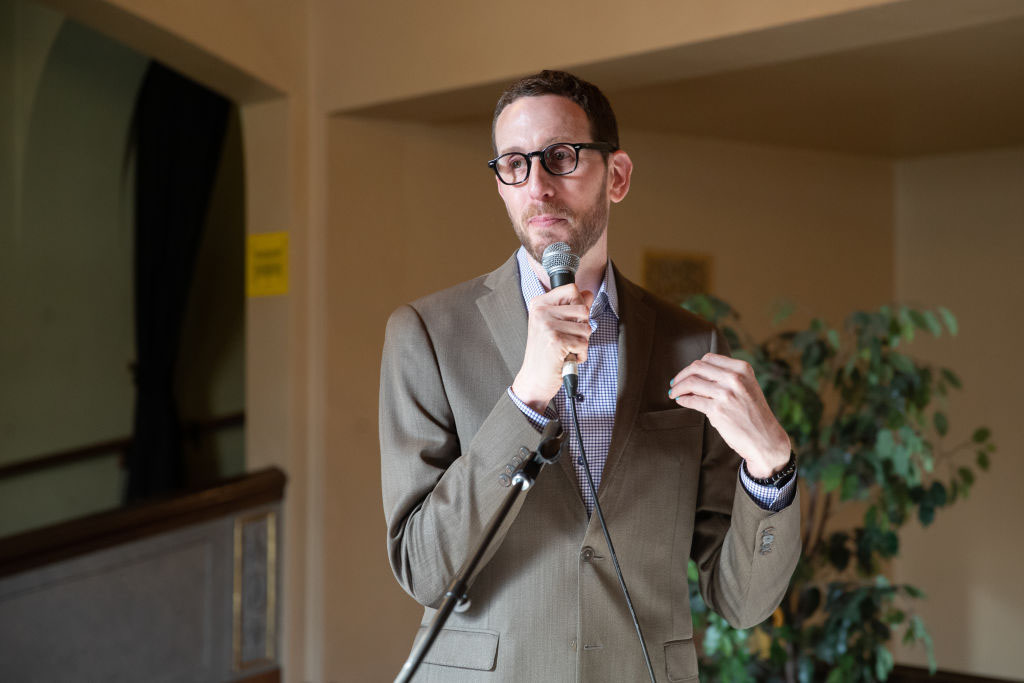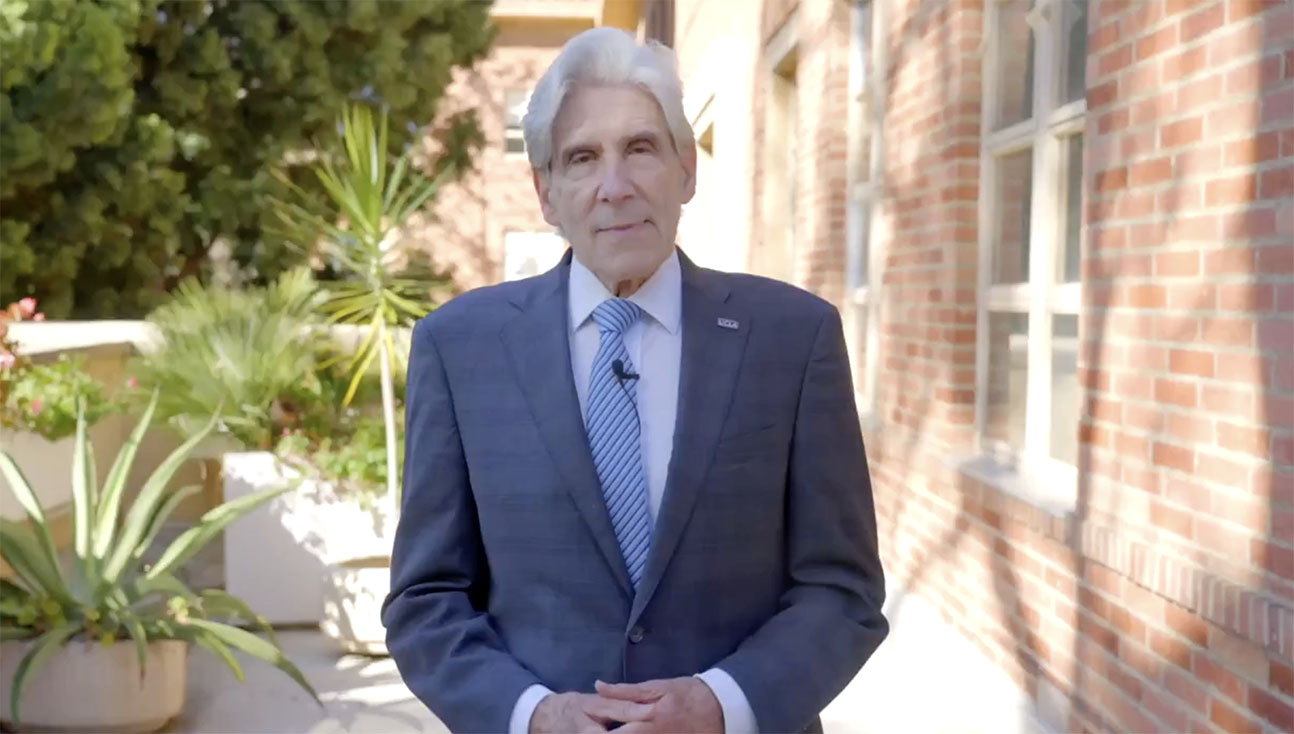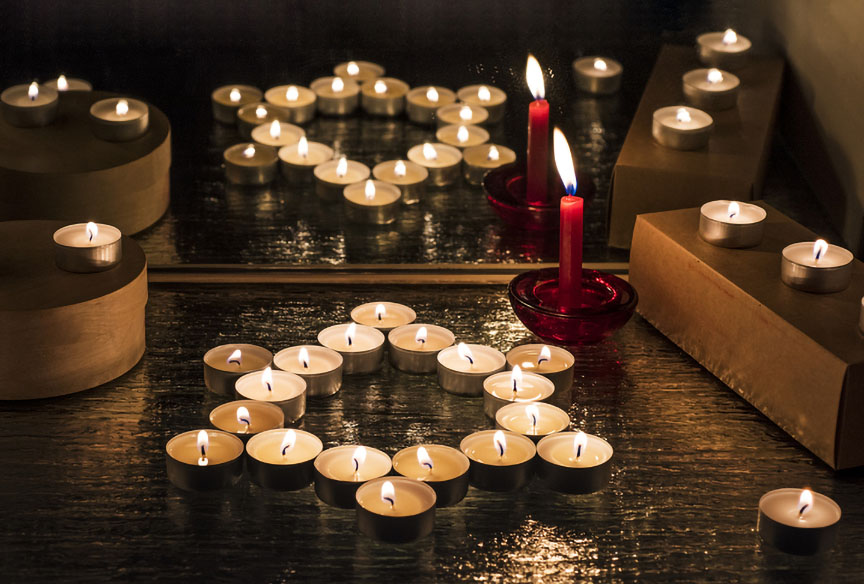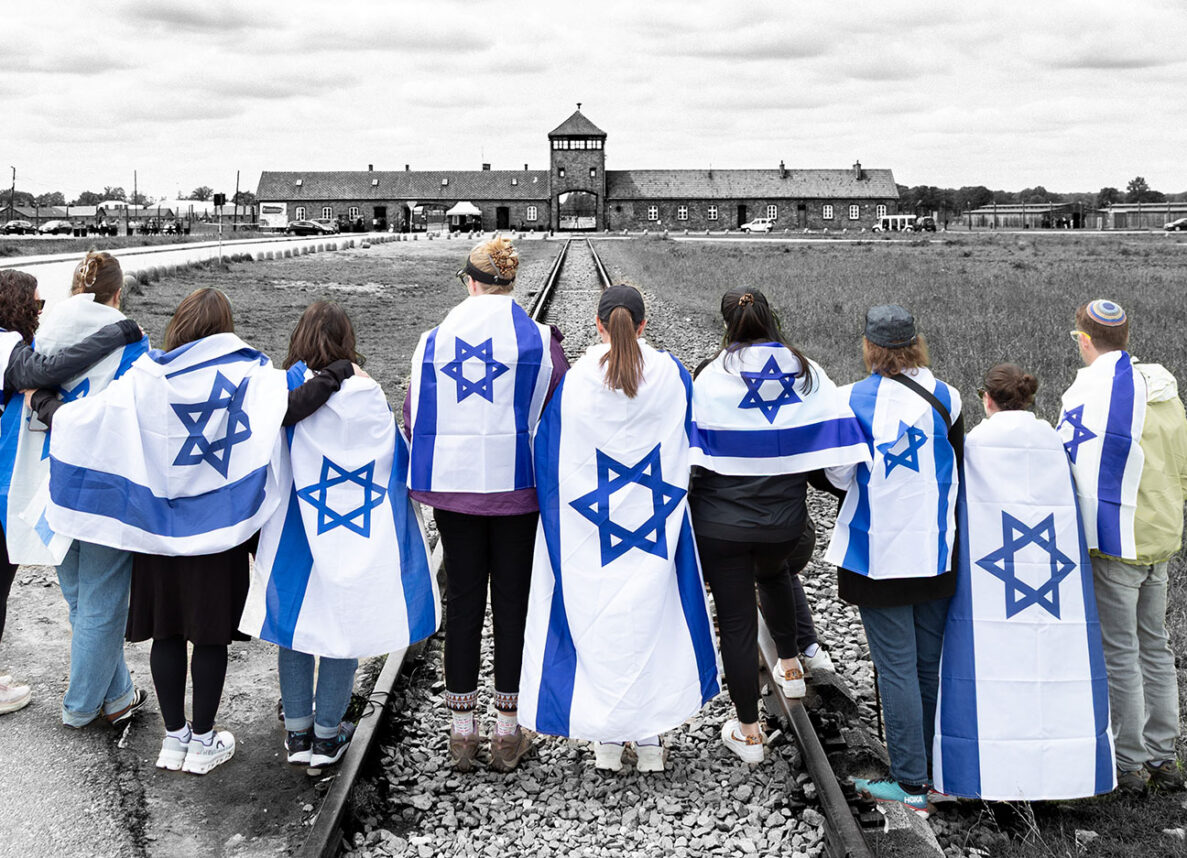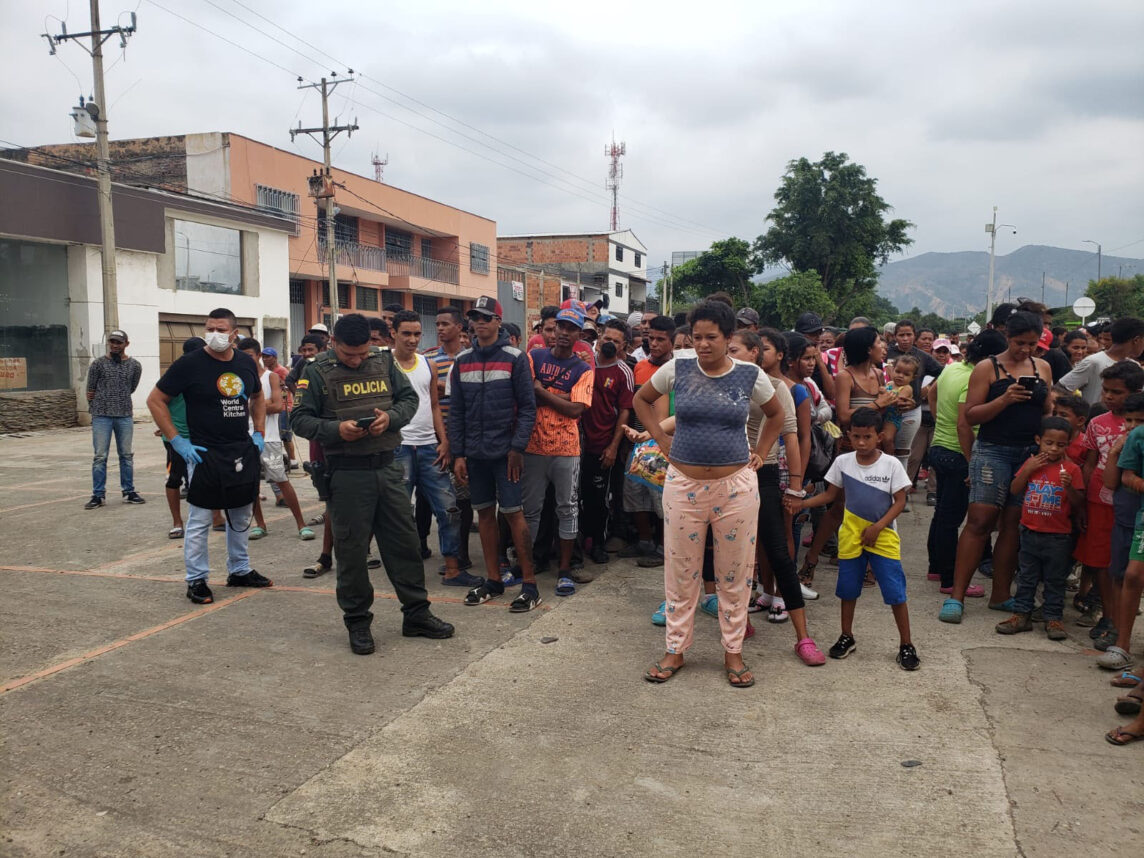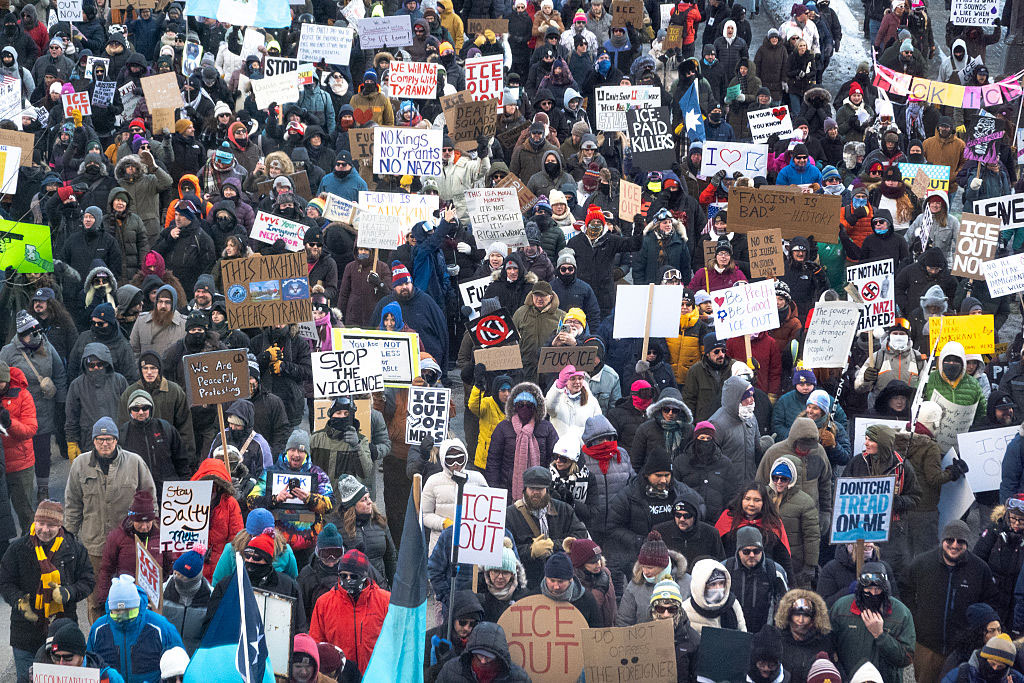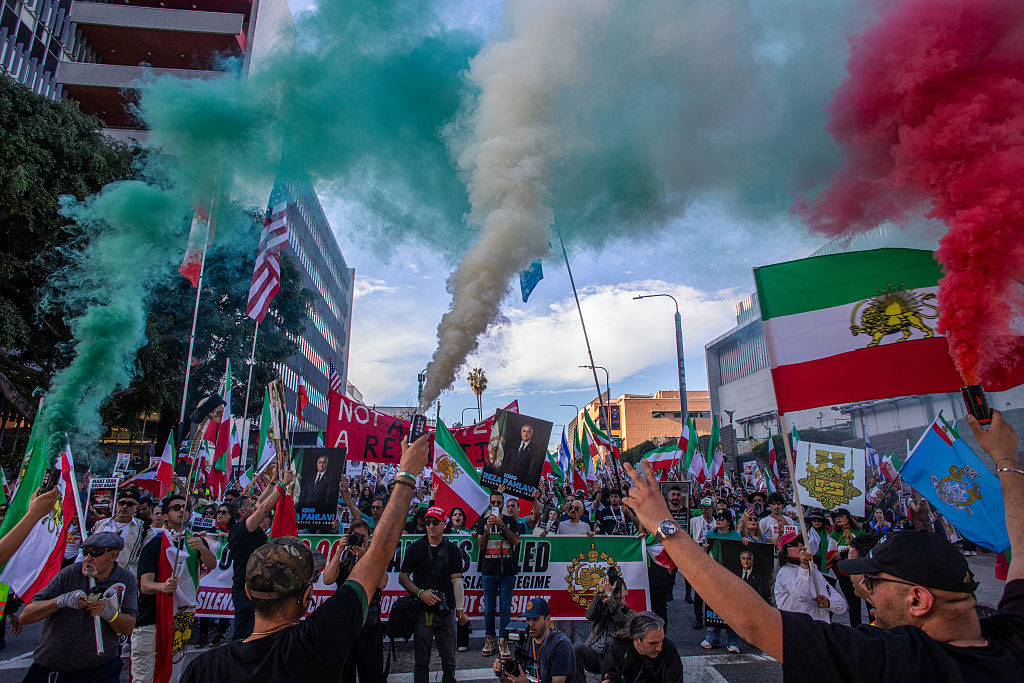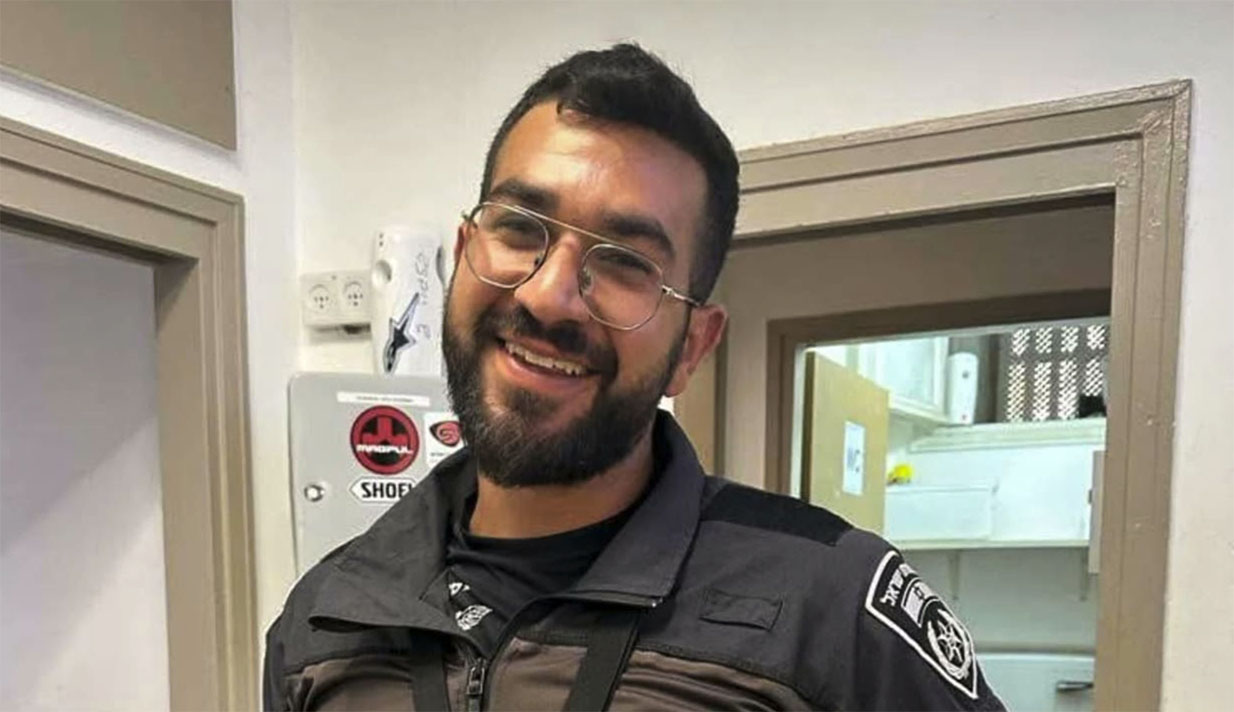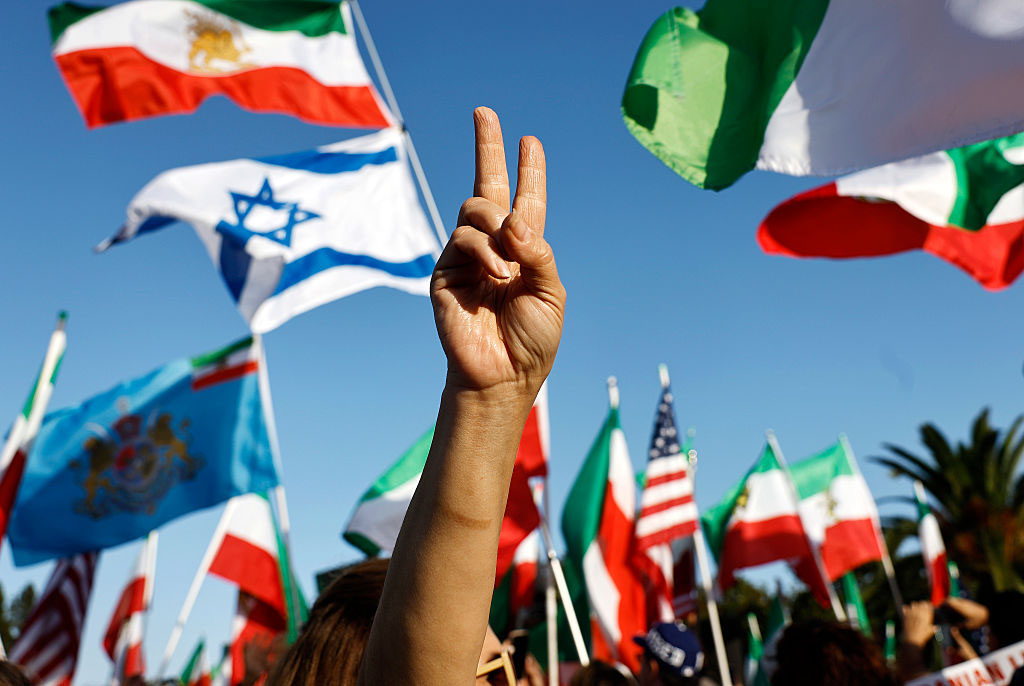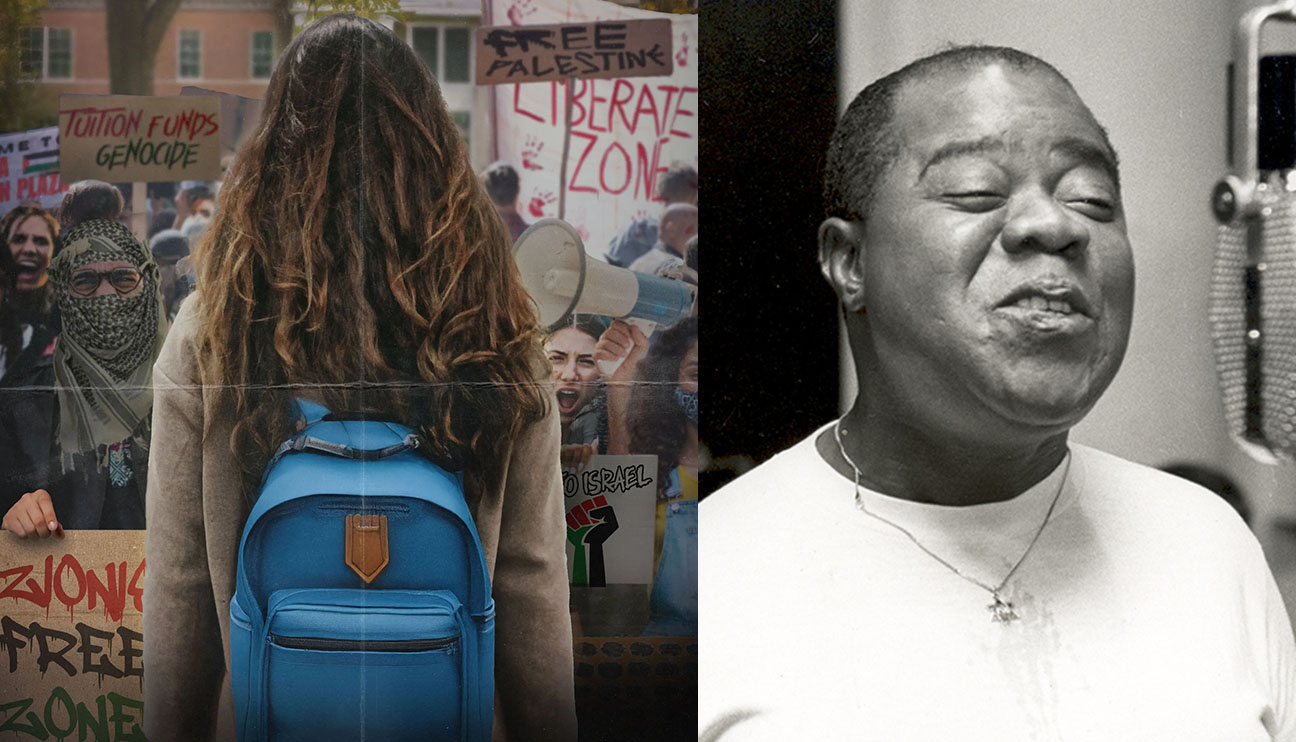I last saw Leonard Cohen a few months ago. He had asked me to come to his place. After brief pleasantries, he said to me, “Reb, I am getting ready to shuffle off this mortal coil. I have some questions for you.”
He and I had spoken about “Hamlet” more than a few times. I knew the play and especially the soliloquy were close to his heart, and, at that moment, closer than ever. He knew he was soon not to be, at least in this frail frame. I remember thinking to myself, “I have to remember every word we say.”
We spoke longer than we ever had before, maybe four or five hours straight. Children and grandchildren genially punctuated our talk. Adam and Jessica popped in, with young Cassius Cohen in tow, commanding the room with a series of pointed questions and comments. Lorca came in. Viva lit up the room. Leonard shed his age and frailty for a moment and took on a mantle of joy.
Rebecca De Mornay, his former fiancée, stopped in. He tried to convince her to come to synagogue. We had some dinner and cookies. He asked me if I wanted to listen to the album he was working on. He played me tracks from “You Want It Darker” from his computer. I particularly remembered the title song, and also “Steer Your Way”:
Steer your path through the pain
That is far more real than you
That smashed the cosmic model
That blinded every view
And please don’t make me go there
Tho’ there be a god or not
Year by year
Month by month
Day by day
Thought by thought
If you are familiar with Lurianic Kabbalah, and its main heretical interpretation, Sabbateanism, you will understand this album, these two songs, and I think much of his body of poetry and lyrics. I think that whatever drew Leonard to me, for me to be his rabbi these last 10 years, was that for each of us, Lurianic Kabbalah gave voice to the impossible brokenness of the human condition. The pain of the Divine breakage permeates reality. We inherit it; it inhabits us. We can deny it. Or we can study and teach it, write it and sing its mournful songs.
Leonard and Anjani
I met Leonard and his then-partner Anjani Thomas when I officiated at the wedding of Larry Klein and Luciana Souza in August 2006. Larry had produced the album “Blue Alert,” with music by Anjani and lyrics by Leonard.
After the wedding, I was seated next to Leonard and Anjani. They interrogated me thoroughly. Leonard listened carefully. He had this slight grin when he listened. He could see the opportunity for wit, either from himself or from a game discussion partner, a mile a way. Leonard was interested in my brand of Judaism, which I called at the time Post Orthodox Neo Chasidic. He chuckled at the acronym.
I called my wife, Meirav, after the reception (she was in Israel) and asked her if she had heard of Leonard Cohen. She almost fainted long distance. “I used to cry myself to sleep when I was in high school, writing poems and listening to his albums.” “Oops” I thought.
I did some research on Leonard that week and was astounded. I bought and listened to several of his albums, got his songbooks. I ordered his books of poetry and sank into them. I listened to “Blue Alert” in enraptured silence, and again when my wife returned from Israel.
I was very, very moved by that album, and everything else. I was deeply touched by him. I realized, ruefully, that I had been in the presence of a Great Man. Oh, well.
I was more than astounded — flabbergasted? — when Leonard and Anjani walked into shul the next Shabbat. Turns out that Anjani wanted to come for more of the spiritual psychology and she encouraged him to come, knowing this was something with which he would connect. Leonard was hesitant about joining a synagogue. They became regulars, attending weekly.
Anjani and Leonard also started attending my Monday night classes, Jewish spiritual psychology dharma talks. I taught Mussar, gave talks on Chasidut and led meditations. I did not know yet that Leonard was a Buddhist monk. I probably would have been self-conscious leading meditations in front of him had I known. He would sit in the front row, shoes off, in his signature suit, tie and fedora, eyes closed, listening, radiant. I asked him what he liked about my teachings. What in particular?
“It’s not just the words,” he said. “You are a healer.” I was taken aback.
Leonard and Anjani stayed for lunch after services. Anjani and my wife became close friends (and remain so). Leonard and I became close but never chummy. He actually was much more comfortable around my wife, whom I think he truly loved. He and I only talked about deep stuff until it hurt and we had to stop. We weren’t able to chitchat.
Deep discussions
The congregants loved Leonard. He was genteel, even chivalrous. He enjoyed the community — the music, the food and the vibe. I asked him once why he liked Ohr HaTorah and he said, “Because you are not uptight.”
A congregant once said to him she was happy that he had found a place to practice his Judaism. Leonard then pointed over to me and said, “It’s not because it’s Jewish. It’s that man that I come for. I would follow him if he were flipping burgers.”
I don’t understand that, but I can tell you what I think. Leonard (he called himself Eliezer and me “Reb”) pushed me hard to explain my take on the kabbalah.
Lurianic Kabbalah sees the breaking of the vessels as the poetic truth that defined the breakage of the human being. When I took over the mysticism class at the Academy for Jewish Religion, California, around 2003, I worked my way through Scholem’s classic “Sabbatai Sevi” and saw the inner truth in kabbalah’s greatest heresy. Leonard also had read this heavy tome, and nearly everything on kabbalah that I had read. (He and I both studied from Daniel Matt’s masterful translation of the Zohar.)
We both had seen the terrifying obsidian luminosity. We shared a world of Divine absence, except for a shattered residue. We shared a common language, a common nightmare. I think Leonard finally found a rabbi who spoke the truth from which he wrote. I spoke about it unafraid because I think I was more afraid not to speak this truth. Like Leonard a bit, I guess. I was a good teacher. He, on the other hand, was a great poet. What took me a half-hour to say, he could say in three words.
We often came back to one issue of dispute. By temperament, but maybe more as a professional obligation, I offered a path of repairing the broken vessels. I think Leonard could not accept that suture. Spiritually, I am somewhat equipoised between Neoplatonism and Gnosticism — topics about which we spoke often. Leonard often took the Gnostic turn. He said to me that the human condition is mangled into a box into which the broken soul does not fit. We all chafe, terribly.
After many of those discussions, I told him that I thought some of his poems were liturgy (especially his “Book of Mercy”), liturgy of the breakage. He told me that he thought everything he wrote was liturgy. I was a professor of liturgy, and I considered him the greatest liturgist of our time, and one of the greatest of all time.
Where from? Leonard’s grandfather was a Talmid Chacham, a Talmud scholar. Leonard let me borrow a copy of a sefer his grandfather wrote. A true rabbinic classic — and beautifully written. As far as I know, it remains untranslated and unavailable.
I told him about my tentative connection with Rav Yakov Leib HaKohain, a spiritual descendant of the Donmeh, a self proclaimed Neo-Sabbatean. I broke off but Leonard kept up. I honesty felt a bit nervous learning from a Sabbatean, neo or not. Leonard had no such qualms.
Soul of a poet
Once in an old radio interview in Canada, the interviewer asked Leonard if he had ever considered changing his name. He said, “Yes, to September.” She said, in some surprise, “Leonard September?” and he said, “No, September Cohen.” I think I knew him well enough to know that he wanted to say “Elul” (the month before the Days of Awe). For those afflicted with the bittersweet sadness of the broken soul, Elul is a time of intense inner scrutiny preparing for the Days of Awe.
Often after services, he asked me if I wanted to hear a poem. “Gladly,” I would say. Once, we sat down and he recited a poem, classic darkly luminous Cohen. Short lines. Couplets. Maybe 20 stanzas, perhaps more. Serrated edge of a murder weapon used on a guy who had it coming to him.
After soaking in that one, I asked him how long it took him to write it. I had known him for about a year, so I thought, “A month?” I truly think he said, “Fifteen years.” He also recited for me one time many unpublished verses of “Bird on the Wire.” Like thousands, I guess, I still sing that song to myself. Just another drunk in the midnight choir.
He sent me poetry he was working on (I think I was on a list) until the week before he passed. He wrote me on Friday that he wished he could come to shul to hear my new series of talks on a deep dive into Genesis. He died on Monday.
Once at lunch, he asked a group of people if they would like him to recite a poem based on a sermon I gave. People expected a brief “Book of Longing” kind of gem. This poem also had maybe 20 stanzas. He wrote that one in about a week.
Leonard and the Muse
Even though Leonard and Anjani split up a couple of years ago, most of the time we knew Leonard, he was with Anjani. She brought him to the house. We would prepare meals and celebrate holidays together.
It was sweet and funny to think how ordinary it was. One Thanksgiving, we had Leonard and Anjani and David and Rebecca Mamet over. The women were in the kitchen preparing food and the men were on the back porch drinking whiskey.
Not so ordinary was that we on the porch eventually talked about where our ideas come from, because people always ask us. Fewer people ask me, but people ask me nonetheless.
Leonard said, as he often did, that if he knew where his poems came from, he would go there more often. We all spoke about feeling that we were in the service of the Muse (the Bat Kol). We tried to channel her. We had to be careful around her. I remember we all stopped talking at once, agreeing silently that she did not want people talking about her as if she weren’t listening in. We said enough and stopped and went back to drinking and swapping jokes. Man, I loved his laugh. He would have a visceral experience of pure joy at a punchline. The torment would cease for a moment.
One night when we had them over, Leonard asked Anjani to sing from “Blue Alert.” Anjani sat at our baby grand, Leonard across from her softly singing along with a beatific look on his face. Meirav and I barely dared to breathe. The words, the piano, the voices — I was transported to another world. I had the strangest thought: “Now I understand music.” When Anjani sang “The Mist,” Meirav and I broke into tears. Then they started tearing up. Then Anjani said, “He wrote that when he was 17.”
A giving man
Let me tell you how generous Leonard was. First, after I knew him about a year, he gave me one of his fedoras, right off of his head.
Second, when our synagogue was scraping bottom during a brutal remodeling of the dilapidated building we bought, Leonard (with several other families) came to the rescue. He was very generous (always handed his checks in person) and appreciative of the work my wife (the designer and general contractor) was doing. On one of this visits to the building, he spent a full afternoon with Meirav. He delighted in everything we had done, especially the café and the preschool. He visited with the kids in the pre-kindergarten. (The teachers almost fainted.) Got some of the lentil soup that he loved — he liked to call it “Jacob’s stew.”
He often signed his emails “Old Priest” and so I called myself “Old Sarge.” He got a kick out of knowing that I was a sergeant in the Marines a million years ago and hearing some of the stories from my military days. When we talked politics, he would quote a line of his: “Oh, and one more thing. You won’t like what comes next after America.”
A few more things. He aimed to be a vegetarian but made exceptions every time my wife made her Yemenite lamb soup. One Passover seder, he testified to the benefits of yoga and showed us poses, including standing on his head. He loved the music at Ohr HaTorah (handcrafted by our music director, the rebbetzin). One year, he brought all of the singers and not a few of the musicians on his tour to our High Holy Days services. We saw him at one point standing up and dancing. I read from his “Book of Mercy,” and do so every year.
Leonard and Judaism
People asked how could he be Jewish if he was a Buddhist monk. He told me Zen Buddhism, at least the kind that he practiced, was not a religion. It was a tuning fork for consciousness. He was a devoted Jew, a learned, deep and troubled one — a genius. He had candles lit every Shabbat. I received photos of candles lit on the tours.
Once when he was at the monastery with Zen master Roshi up at Mount Baldy, a group of Chabad guys trekked up there during Chanukah to return him to Judaism. They found him in his robes, I think he told me. He told them to shush, took them to his quarters. His Chanukah candles were sputtering. They had brought some whiskey with them. He had plastic cups. And then he told them about his Judaism and his meditative path. The way that Eliezer told me the story, they got mellow, sang and danced. The Chabad guys left a bit drunk, more than satisfied that the monk was still Jewish, and maybe a little chastened.
Farewell
One day, with his children’s permission, maybe I will be able to write about that conversation that began with “Hamlet.” As I write these words, my heart is too heavy, too broken. I knew Leonard’s soul and feel it in my own. He knew mine. I think he sought me out to tell me his version, and invited me to tell him mine. I saw us as a couple of quasi-Sabbatean Neo-Chasidic kabbalists sharing a thick, dark night in that “Bunch of Lonesome Heroes”:
“I’d like to tell my story,”
Said one of them so bold
“Oh, yes, I’d like to tell my story
’cause you know I feel I’m turning into gold.”









